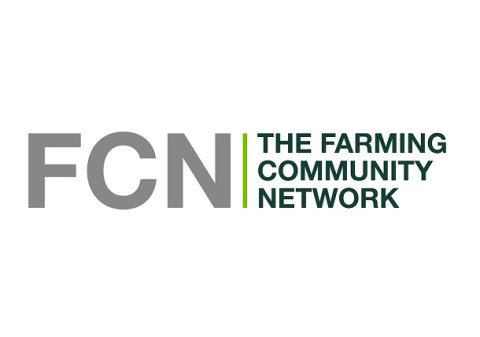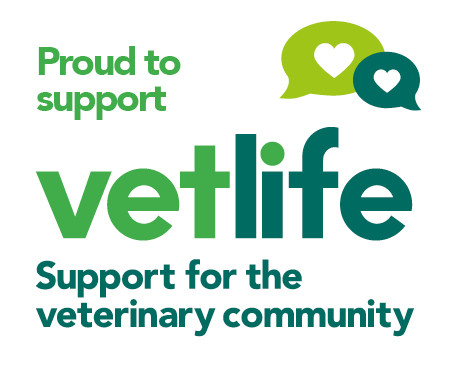The British Cattle Veterinary Association (BCVA) welcomes the publication of Defra’s pragmatic response to the 2018 Godfray review, and its far-reaching approach to bTB (bovine Tuberculosis) eradication by 2038. The report reflects the complexity of dealing with such a destructive disease and the recognition that multiple approaches are going to be necessary in tackling this together.
BCVA are fully appreciative that in the report, Defra has identified and acknowledged the necessity of successfully controlling wildlife in order to eradicate bTB. Furthermore, publishing evidenced figures and highlighting the success of the industry led badger cull in reducing bTB in cattle herds in high risk areas (HRA) is welcomed.
Whilst we support the view that the Government need a long-term exit strategy from badger culling in its current form, we also are satisfied that this is going to be a phased approach over several years.
BCVA are pleased to see the intention to bank the gains evidenced in the cull areas, and that wildlife culling is not being completely taken off the table for all locations, where there is epidemiological evidence to support this as the best course of action. We also welcome the recognition that there is a lack of existing field evidence for badger vaccination success on reducing bTB in cattle herds in the various risk areas. Consequently, we are glad that additional research, surveillance and reviews will be ongoing, to ensure that its role as an instrumental part of future wildlife control is fully investigated.
BCVA also welcomes, with enthusiasm, the provision of a timeline for rolling out a deployable cattle bTB vaccine and validating a DIVA (Differentiating Infected from Vaccinated Animals) test.
The association’s President, Nikki Hopkins says, "There are promising times ahead; now that Defra has laid out an official timeline for cattle bTB vaccination, and the defined steps that are needed to achieve this. It’s encouraging to see how much emphasis the Government are putting into prioritising this. This now seems like a realistic proposition to aid in bTB control, and with a timescale of 5 years, it’s possible to envisage it happening. What once seemed like a pipe dream can now happen during most of our members’ working lifetime."
As regular testing and removal of infected animals is seen as the cornerstone of bTB strategy, we are pleased that there is encouragement to use the most appropriate test available, that is targeted towards individual situations and evidence-based with flexibility for different scenarios.
In light of the introduction of increased herd surveillance and the new 6 monthly cattle testing regime in the HRA’s in 2021, BCVA must put emphasis on the veterinary workforce and its ability to be able to effectively deliver such a programme. We recognise that Defra have given this consideration with the introduction of Approved Tuberculin Testers (ATTs), but we must work together to ensure that these resources can be effectively and viably introduced, and that smaller practices are not left at a disadvantage.
Following on from this, BCVA’s lead on bTB, Rebecca Cavill states, "We have always been supportive of empowering private vets with more confidence in dealing with bTB breakdowns and aiding them to help their clients with disease management and making better decisions. The report clearly identifies the trusted private vet as being pivotal for farmer advice, and we welcome the Government’s approach to commitment for better support and involvement for vets to gain further expertise in this area.”
A key part of the BCVA position on bTB control is the provision of appropriate training to private veterinary surgeons to facilitate improved disease control at a farm level. We ultimately all have the same ambition of bTB eradication; increased unity between all industries will be a key driver in being able to effectively deliver this.






